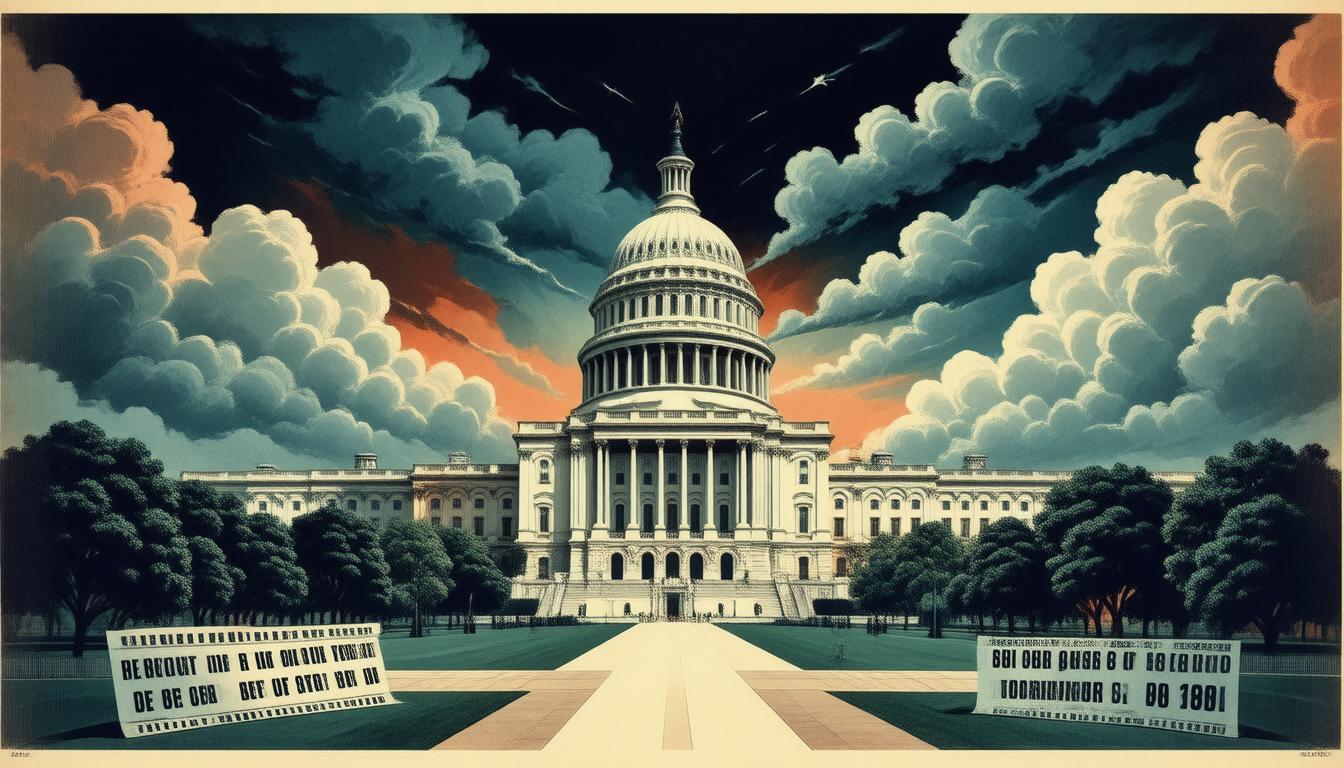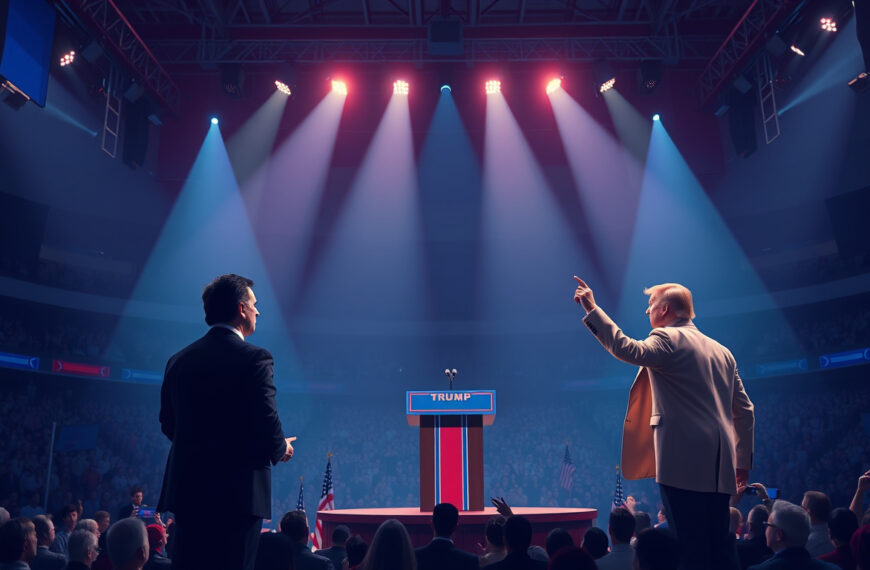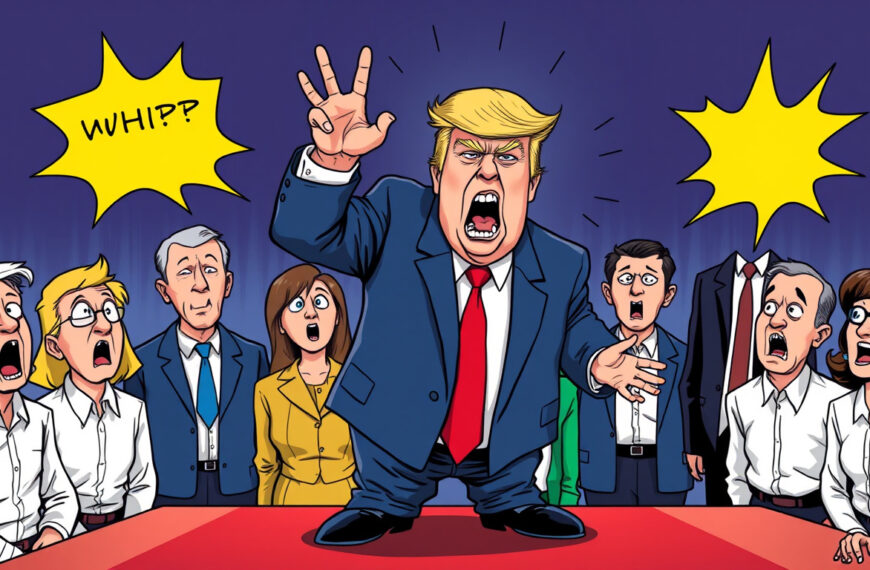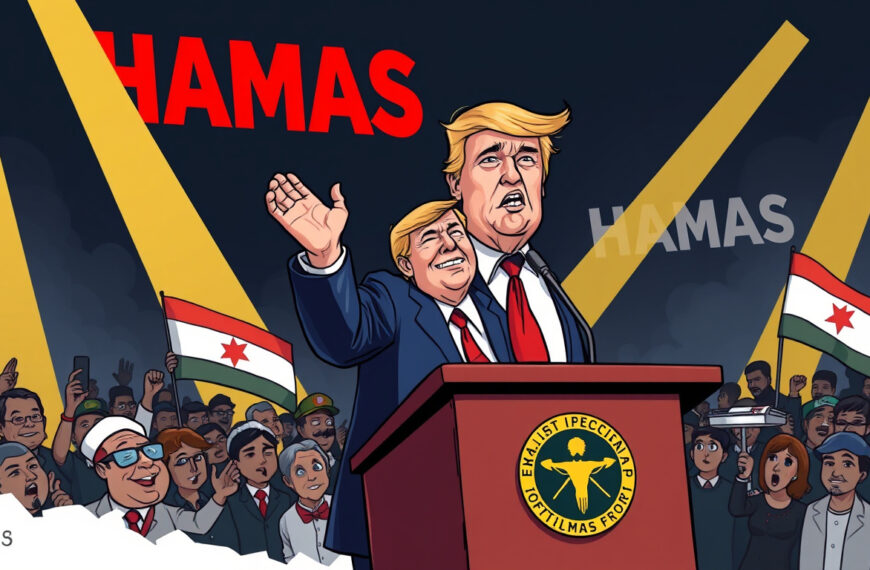The remnants of Watergate—the scandal that irrevocably altered American politics—still linger in the collective memory of the nation. Yet, as we navigate the current political landscape, questions arise: Are we on the brink of a constitutional crisis that could eclipse even the infamous events of the 1970s? Insights from legal experts, including former federal prosecutor and University of Alabama law professor Joyce Vance, provide a dire perspective.
Defining a Constitutional Crisis
A constitutional crisis emerges when the fundamental principles governing a nation are challenged, leading to uncertainty about the balance of power among its branches of government. Vance emphasizes the difficulty of making direct comparisons with Watergate, primarily because the resolution of contemporary events remains uncertain. In Watergate, the rule of law eventually prevailed; the current situation, however, poses unprecedented questions about presidential power and congressional authority.
The recent actions of former President Donald Trump, specifically his attempts to alter aspects of the Constitution and engage in questionable governance practices, raise red flags. For instance, Trump’s executive actions regarding immigration policy and birthright citizenship have led to a complex legal landscape. The core issue is whether these actions fall within the lawful scope of presidential authority or if they overstep constitutional limits.
The Role of Congress
In the face of potential constitutional overreach, the role of Congress as a check on the presidency becomes paramount. However, the current Republican-led Congress appears to have largely acquiesced to Trump’s will. Vance notes that the GOP has not only relinquished power but has also failed to mount a unified opposition against actions that many view as perilous for democratic integrity.
With the power of the purse—one of Congress’s most vital responsibilities—being impugned by presidential maneuvers, Congressional Democrats voice their outrage, yet their efforts often seem stymied by a lack of bipartisan support. The capacity for Congress to actively counter presidential overreach diminishes when one party dominates the legislative branch and remains largely aligned with the executive’s agenda.
Judicial Precedent and Executive Actions
The judiciary plays a crucial role in delineating the boundaries of presidential authority. Recent court rulings on Trump’s actions reflect a legal system attempting to navigate the delicate interplay between executive power and constitutional mandates. Vance notes that judicial scrutiny of the president’s powers is not unprecedented; rather, it is an essential function of a balanced government, as illustrated by historical cases such as during the Korean War when President Truman was found to lack the authority to seize steel mills.
In this light, the comments from Vice President Kamala Harris regarding judicial authority raise concerns. By suggesting that judicial interventions may overstep legitimate executive functions, Harris appears to overlook the established principle that courts have the authority to review and potentially reject overreach by the executive branch. This inconsistency underscores a troubling moment in American governance, where principles of legality might sway based on political allegiances.
Emerging Challenges in Leadership
Attention is also drawn to the appointments within the current administration, such as Attorney General Pam Bondi, whose early actions signal a shift away from previous priorities. The dissolution of successful oversight initiatives, particularly those targeting foreign kleptocracy, raises alarms about the commitment to accountability and justice.
As this reconfiguration of the Department of Justice unfolds, the implications for American democracy could be profound. The introduction of 14 memos altering departmental priorities represents a significant pivot away from established norms, inviting scrutiny and potential backlash from both legal experts and the public.
Conclusion
The intertwining crises of authority, accountability, and constitutional integrity reveal a landscape in flux. As Americans grapple with the legacy of Watergate and the current political climate, the question remains: Are we truly facing a constitutional crisis that will redefine governance in the U.S.? The answers lie in the coming weeks and months, as courts deliberate, Congress responds, and the public remains vigilantly engaged.
Ultimately, upholding the rule of law in America demands a concerted effort from all branches of government. Whether the present moment represents a crisis or merely the latest chapter in American political life will depend on the resolve of institutions designed to maintain balance and protect democratic ideals.
Ready to get in the game and start making money on Pump.fun? DogWif Tools is the #1 memecoin sniper tool for becoming a Pump.fun millionaire. Get DogWif Tools today and become a memecoin dev!








